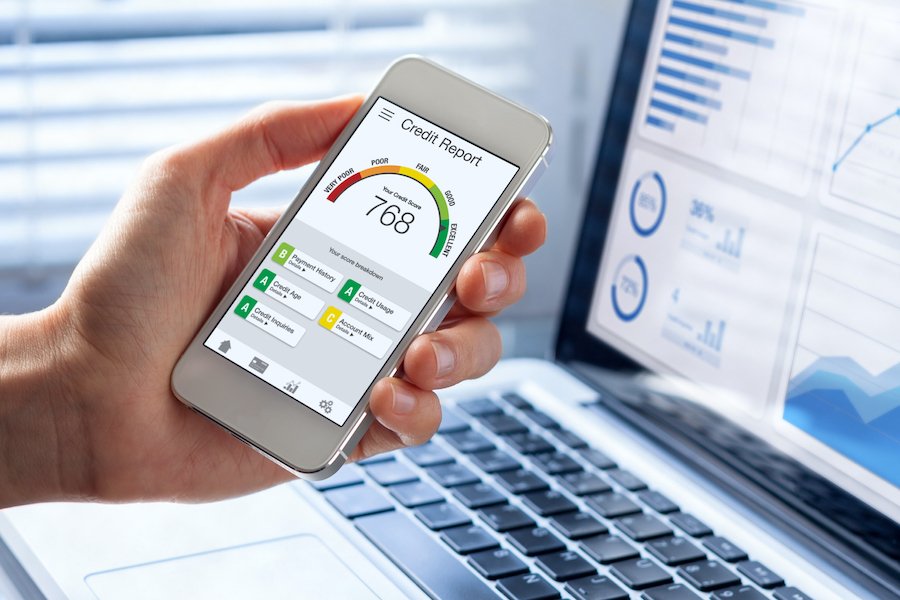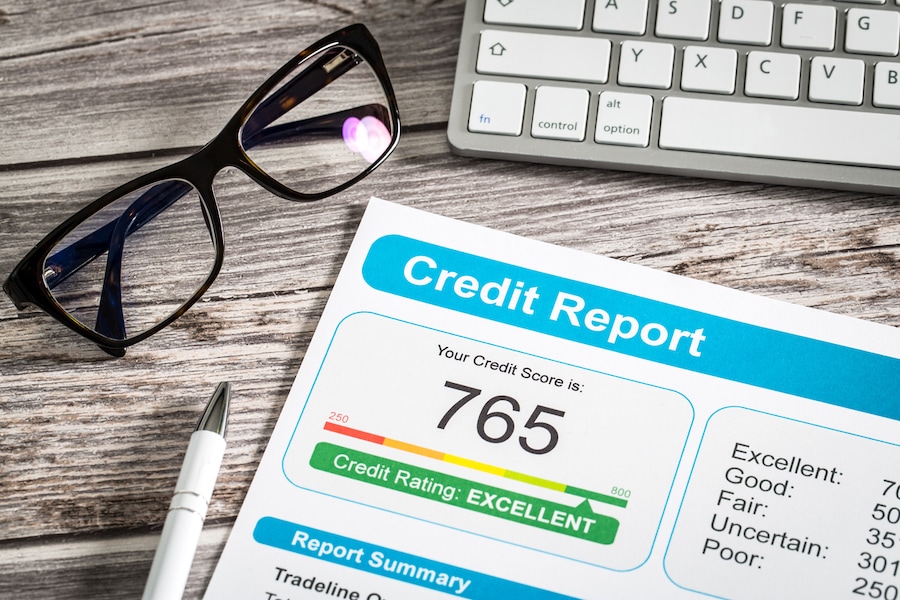
Graduation season is here! For many college graduates, student loan debt can turn into long-term financial stress. Even years after graduation, student loan debt can keep people from realizing dreams of homeownership. Add the recent economic shifts and inflation, and buying a house right now might feel downright impossible. This article can help bring some good news and help you make a plan.
If you’re getting ready to buy a house for the first time, but you’re worried about how your student loan debt will affect your mortgage, keep reading. A steady job and a good handle on your monthly expenses will take you farther than you think, especially if you’re a first-time homeowner.
One of the best moves you can make is to lock in your rate today by getting pre-approved, which we blogged about here.
How to Buy a House With Student Loan Debt
This article will explain how student loans affect your home loan eligibility and how to qualify for a mortgage. Specifically, how to apply for a mortgage and get a home loan while you’re still paying off your student debt.
A great first step is to connect with a mortgage advisor. You’ll be able to get personalized advice about your situation and find out about custom mortgage options. Start here to find a local advisor.
Three Factors That Affect Your Eligibility When You Apply for a Mortgage
#1 Debt to Income Ratio (DTI)
Your debt-to-income ratio impacts your buying power the most. Lenders compare your gross monthly income against your monthly debt obligations to determine how much you can afford to borrow. A DTI ratio higher than 43% can make it difficult to qualify. But there are select options for borrowers with student loan debt.
#2 Credit Score
A good credit score will get you a better home loan and a lower mortgage rate. But there are also special programs available for first-time homebuyers who have a lower credit score.
It’s always a good idea to download a free copy of your credit report. This will allow you to fix any errors, dispute incorrect information, and know your credit score.
#3 Down Payment
A larger down payment can often lock in a better rate and a more affordable mortgage payment. Ask your mortgage advisor about using investment stocks, retirement funds, gift funds, or borrowing from other sources.
Related: How to FAST TRACK your mortgage pre-approval
Best Home Loan Options for Homebuyers With Student Loan Debt
- Conventional Loan: 3% down payment, debt-to-income ratio < 43%
- FHA Loan: 3.5% down payment, debt-to-income ratio < 50%
- Fannie Mae HomeReady Mortgage: 3% down payment, debt-to-income ratio < 50%
- VA Loan: 0% down payment, debt-to-income ratio < 41%
Related: Does every mortgage need an escrow account?
How Debt-to-Income Ratios Affect a Mortgage Application
When you apply for a mortgage, your debt-to-income ratio directly impacts your eligibility, your rate, and your loan terms.
Why? Lenders compare your total monthly income with monthly debt repayments to determine how much you can afford. For this reason, it can be difficult to qualify if your monthly debt payments are higher than 40% of your pre-tax income.
This is where student loan payments make a significant impact.
Student loan payments are automatically included in your monthly debt balance, so they directly affect how much you can afford for a home loan. Since there are different student loan repayment programs, the structure of your specific student loan payment plan can make a big difference.
First, let’s look at how debt-to-income ratios are calculated. Then you can decide whether or not it’s a smart idea to restructure your student loan debt.
How to Calculate Your Debt-to-Income Ratio (DTI)
Figuring out your debt-to-income ratio (DTI) is easy.
First, write down your gross monthly income, then list all your recurring monthly payments.
Leave out expenses that vary each month, such as utility bills, entertainment, groceries, transportation, etc.
To calculate your DTI, combine your required monthly payments such as:
- Monthly rent or mortgage payment
- Student loan payment
- Minimum credit card payment
- Monthly car payment
- Any court-ordered payments (child support, back taxes, etc.)
Related: Boost your credit score in less than 60 days
Example: Calculating Your Debt-to-Income Ratio with Student Loans
For example, if your gross monthly income is $6,000, 43% would be $2,580. This is the maximum amount a lender would approve for a monthly mortgage payment for a conventional loan.
Next, it’s time to subtract your monthly debt repayments. For example:
- Monthly car payment = $200
- Credit card payment = $135
- Student loan payment = $250
In this scenario, your monthly debt repayment would be $585. From the lender’s perspective, this means you have $1,995 available to make a monthly mortgage payment ($2,580 – $585 = $1,995.)
Note that your new monthly payment will need to cover your mortgage payment, homeowner’s insurance, property taxes, and mortgage insurance if required.
There are several loan options and custom mortgages available. Many home loans for first-time homebuyers offer home loans with 0-5% down. FHA loans only require a 3.5% down payment. Conventional 97 requires only a 3% down payment.
How Different Student Loan Repayment Programs Affect Your Mortgage Application
Finally, restructuring your student loans can help lower your debt-to-income ratio and be a better option than paying off your student loans.
Why? To apply for a mortgage, you’ll want to have a down payment ready as well as emergency funds. So you don’t want to deplete your savings to pay off your student loans.
If your monthly student loan payment is high, you might consider restructuring your student loan debt to lower your monthly payment. This will help lower your DTI.
Contact your student loan program and ask about the following options:
- standard repayment plan
- deferred student loan
- income-driven payment plan
- graduated payment plan
Don’t Let Student Loans Keep You From Buying a House
Buying your first home might be closer than you think, even while you’re paying off student loans. And several loan programs can work to your advantage, especially for first-time homebuyers.
Plan for your down payment, find out your credit score and calculate your debt-to-income ratio. Once you have a clear financial picture, you can consider restructuring your student debt to lower your DTI ratio.
Taking Action
Working with a local mortgage advisor can help you compare your best mortgage options, lock in the lowest mortgage rate, and secure the best home loan that fits your life goals. Even with student debt. Connect with a local mortgage advisor to discuss your options and save money on your mortgage. We’d love to help.








